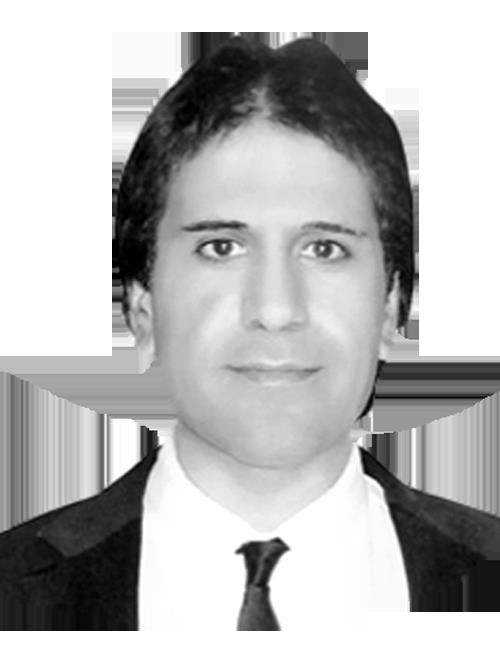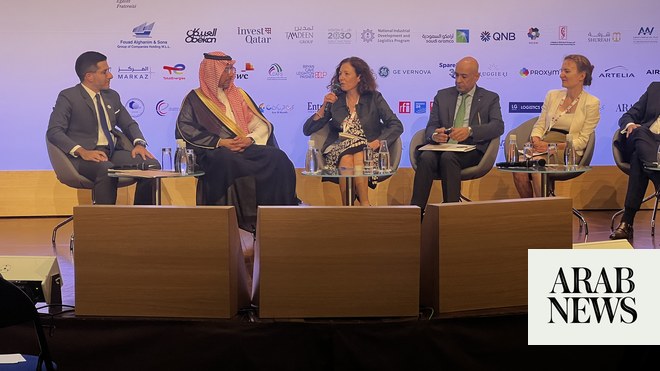
Successful investors, whether they are individuals or firms, normally search for investment opportunities where there exists potential for high and rapid financial growth. Some of the most important places with fast-growing economies are the emerging markets. And the Gulf nations, particularly Saudi Arabia and the UAE, are currently among the most attractive countries for investments.
While some companies may look to Europe or North America for investment opportunities, emerging markets should not be underestimated for several reasons. First of all, emerging markets include more than 80 percent of the world’s population. Emerging markets are also behind approximately 80 percent of global gross domestic product growth. “While most people know that China’s economy is expanding rapidly, dozens of other emerging market countries are also showing impressive growth. Many are benefiting from advances in education and technology and the adoption of more market-friendly policies. This growth story translates into opportunities for companies located or doing business in these markets,” according to US mutual fund company Dodge & Cox.
In addition, emerging markets tend to have an attractive, untapped and lucrative market as they still have a lot of room left to expand economically, both within their region and on the global stage. Similar to small-cap companies, which have tremendous space to grow to increase their revenues and exposure, emerging markets also offer many opportunities for investors.
Even on the global level, the UAE, Saudi Arabia and Qatar are among the top 10 most attractive emerging markets
Dr. Majid Rafizadeh
When it comes to emerging markets in the region, it is worth noting that several Gulf nations are ranked as being among the most appealing and attractive emerging markets in the Middle East and North Africa, according to Kearney’s 2023 Foreign Direct Investment Confidence Index. Even on the global level, the UAE, Saudi Arabia and Qatar are among the top 10 most attractive emerging markets. The Kearney’s index is based on an annual survey of global business executives, who are asked to rank the market based on their expectations over the next three years.
Gulf leaders have been taking important steps to increase the size of their economies. For example, Dubai has this year announced an $8 trillion economic plan. The plan aims to double the size of its economy and make it “one of the top three economic cities in the world,” according to Sheikh Mohammed bin Rashid Al-Maktoum, the ruler of Dubai. He tweeted: “Dubai will rank as one of the top four global financial centers with an increase in FDI to over AED 650 billion ($177 billion) over the next decade. Over 300,000 global investors are helping build Dubai into the fastest-growing global city.”
Qatar has also unveiled a $275 billion plan to attract foreign investments and support a competitive economy. The Qatar Investment Authority stated: “The commitment from QIA aligns with its mandate to support the development of a competitive Qatari economy.” According to Petroleum Australia, Qatar’s spending of more than $200 billion “to improve infrastructure, expand the North gas field, host the 2030 Asian Games, and initiatives to diversify the economy away from hydrocarbons have strengthened the country’s position as a potential investment destination. Against this backdrop, the Qatari economy is set to grow at an average annual rate of 3.1 percent over 2023-25, forecasts GlobalData.”
When it comes to Saudi Arabia, its Vision 2030 is one of the most ambitious and comprehensive plans introduced in the modern Middle East because it encompasses not only economic reforms, but also wide-ranging changes to the country’s environmental, social and religious landscapes, along with political reforms.
Saudi Arabia has already taken several steps in its implementation of Vision 2030 that have proven to be successful
Dr. Majid Rafizadeh
Crown Prince Mohammed bin Salman has pointed out the importance of creating opportunities for all. In his 2016 foreword to Vision 2030, the crown prince said the Kingdom’s vision is a “strong, thriving, and stable Saudi Arabia that provides opportunity for all. Our Vision is a tolerant country with Islam as its constitution and moderation as its method. We will welcome qualified individuals from all over the world and will respect those who have come to join our journey and our success.”
He continued: “We intend to provide better opportunities for partnerships with the private sector through the three pillars: Our position as the heart of the Arab and Islamic worlds, our leading investment capabilities, and our strategic geographical position. We will improve the business environment, so that our economy grows and flourishes, driving healthier employment opportunities for citizens and long-term prosperity for all. This promise is built on cooperation and on mutual responsibility.”
The Kingdom has already taken several steps in its implementation of Vision 2030 that have proven to be successful. For example, the benefits of its economic reforms have included enhancing the business environment, attracting foreign investment, encouraging privatization, creating private sector jobs and increasing digitalization.
While some countries maintain a closed economy with an iron fist in order to monopolize wealth, the Kingdom has been pursuing initiatives to diversify and privatize the Saudi economy in order to benefit more people. This will reverberate across the region. The International Monetary Fund has endorsed the Kingdom’s plan to build a $500 billion business and industrial zone that extends into Jordan and Egypt. This project has a lot of potential when it comes to attracting foreign visitors and creating more social and cultural dialogue between the West and the Middle East.
In a nutshell, the Gulf nations, particularly the UAE, Saudi Arabia and Qatar, are undoubtedly among the most attractive and appealing emerging markets in the world, offering great opportunities for investors.
• Dr. Majid Rafizadeh is a Harvard-educated Iranian-American political scientist. Twitter: @Dr_Rafizadeh
Disclaimer: Views expressed by writers in this section are their own and do not necessarily reflect Arab News" point of view












